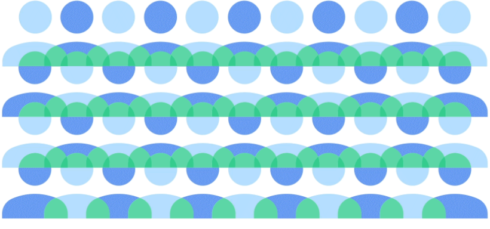
In an attempt to improve user privacy while still providing a viable way for publishers to make money through advertising, Google is adding Federated Learning of Cohorts (FLoC) as a developer origin trial in Chrome.
According to the company, when other browsers started blocking third-party cookies, advertisers and sites began putting up workarounds. In many cases the workarounds were actually worse for privacy than cookies. “Overall, we felt that blocking third-party cookies outright without viable alternatives for the ecosystem was irresponsible, and even harmful, to the free and open web we all enjoy,” Marshall Vale, product manager of Privacy Sandbox at Google, wrote in a post.
FLoC allows publishers to present relevant ads to groups of people, or cohorts, instead of targeting ads at individuals. It looks at browsing history to determine what cohort to place a user in. Users can also be moved to different cohorts as their browsing history changes.
RELATED CONTENT:
Google’s Privacy Sandbox creates open standards to enhance privacy
Online privacy: The realpolitik of browser wars and the future
The browser itself is responsible for selecting cohorts, and it doesn’t share user browsing history with Google. It only shares an identification number when requested. In contrast, third-party cookies enable companies to follow a user around different sites.
FLoC avoids creating groups around sensitive topics, such as alcohol, gambling, religion, or politics. In addition, sites can opt out of FLoC so that the browser doesn’t include visits to that site when determining what cohorts to place users in.
It is currently testing FLoC on a small percentage of Chrome users across Australia, Brazil, Canada, India, Indonesia, Japan, Mexico, New Zealand, Philippines and the U.S. Users who have already chosen to block third-party cookies won’t be selected to participate in the origin trials.
Google has been working on the challenge of replacing cookies since 2019 when it launched the Privacy Sandbox. The project’s goal is to develop new privacy-preserving technologies that both eliminate the need for cookies and enable publishers to earn money.






